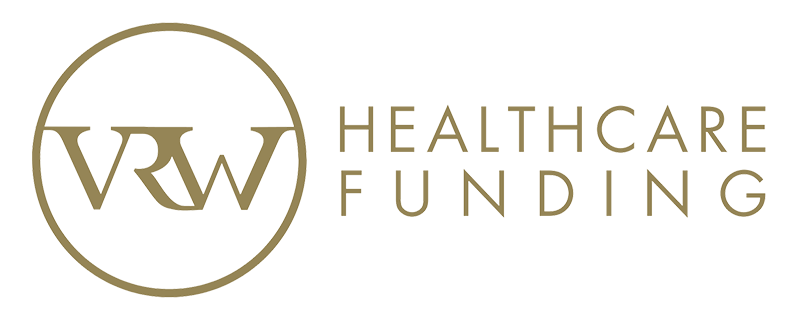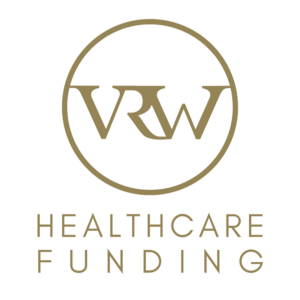Smile Brighter with Dental Asset Financing: A Comprehensive Guide
Dental health should be a priority in everyone’s life, but for business owners, it can become more of a challenge to maintain. The cost of dental procedures, equipment, and maintenance can easily add up and become a burden. Fortunately, dental financing can be a solution to this problem. In this comprehensive guide, we will explore what dental asset financing is, how it can benefit businesses, and how to get started.
What is Dental Asset Financing?
Dental asset financing involves the use of loans or leases that are specifically designed for equipment and procedures. This financing method can allow businesses to obtain the equipment and services they need without having to pay a lump sum upfront. Dental asset financing can cover a range of procedures and equipment. These include X-ray machines, dental chairs, dental implants, and even dental marketing campaigns.
Benefits of Dental Financing
One of the most significant benefits of financing is the ability to spread out payments over time. This method of payment can be much more manageable for businesses, especially those just starting out. It can also reduce the financial strain of a large lump sum payment. Additionally, dental asset financing can provide businesses with access to high-quality equipment and services that they may not have been able to afford otherwise. This can, in turn, allow for better patient care and better business growth.
How to Get Started with Dental Asset Financing
To get started with financing, businesses should first research and compare different options to find the one that best suits their needs. Once a suitable financing provider is found, businesses will be required to provide financial and personal information for a credit check. If approved, the financing provider will provide the funds for the equipment or services. This can then be paid back in instalments over a set period.
Maintaining Dental Equipment and Financing
After dental equipment is obtained through financing, it is important to properly maintain it to ensure its longevity and effectiveness. This can include regular cleaning and maintenance, as well as periodic upgrades and repairs. It is also important to stay on top of financing payments to avoid penalties or increased interest rates. By properly maintaining equipment and financing payments, businesses can continue to provide quality dental care and expand their services.
Contact Us
Dental financing can be a practical solution for businesses looking to maintain and improve their equipment and services. Benefits such as manageable payment plans and better access to high-quality equipment can allow for better patient care and business growth. Contact us to find out more information.











